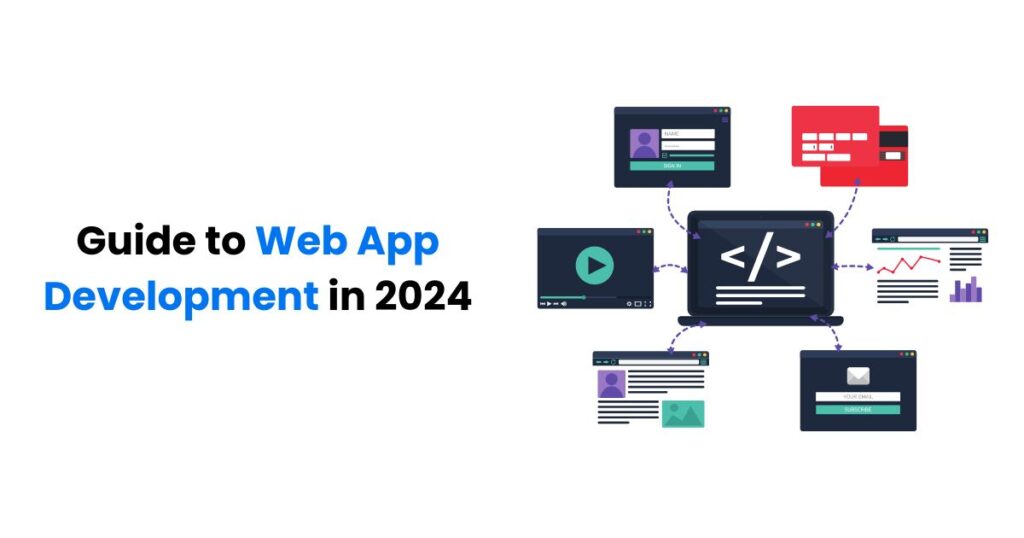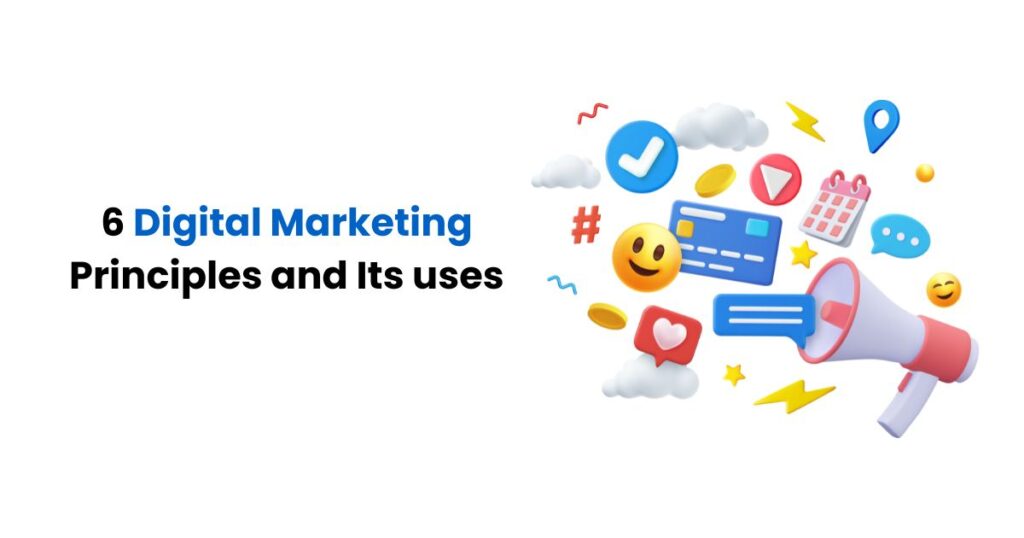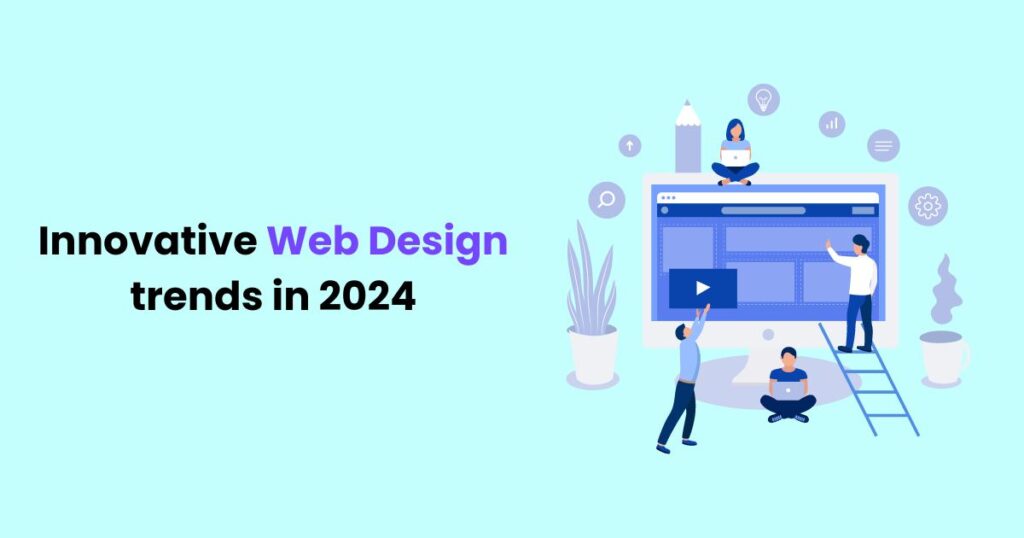What are App Development Services?
The process of app development involves designing and creating software applications for various electronic devices like smartphones, tablets, and PCs. These apps serve multiple purposes such as improving productivity levels or enabling better communication while also catering to entertainment needs and specific business requirements. To gain a comprehensive understanding of the digital world today, companies heavily rely on app development services to ensure their growth trajectory remains intact at all times.
The App development and app development services focus on the creation, coding, and confirmation of software programs customized to fulfil specific client requirements. This undertaking necessitates a wide variety of abilities such as project execution, quality control practices implementation including user interface (UI) design principles in combination with customer experience considerations UX proficiency assessments are particularly important today mainly because technological advances continue pushing new standards for innovation via platform selection options which cater differently across various device models. App development is currently an extensive field that reaches numerous industries pursuing goals beyond mere functionality enhancement only by continuous improvements towards advancing this multifaceted discipline targeting diverse industrial sectors simultaneously. therefore app development services are much in demand in the market right now.
Selecting the right distribution platform is a crucial part of app creation. The adaptability of apps varies across operating systems such as Android, iOS, Windows and Mac. Alternatively, developers may choose to employ cross-platform application programming where they can use identical coding on multiple platforms for more extensive coverage during development with less effort required.
The app development services commence with its conception, where the developers ascertain its intended function and operation. The subsequent stage is planning which encompasses specifying details such as target audience, building schedules and blueprinting requirements. Eventually, the actual developmental phase entails coding that involves creating a program to govern all aspects concerning user interaction within the application.
In the process of developing an app, creating a user-friendly design and optimizing its overall experience are essential aspects. Merely having an error-free application is insufficient; it should also effectively capture users’ attention with an appealing interface that facilitates seamless navigation. To achieve this goal, developers collaborate closely to ensure their user interfaces align with brand aesthetic principles while prioritizing ease of use for end-users.
The key components of the app development process involve examining and assessing quality. Thorough testing is vital in identifying and resolving any errors, to guarantee that the application meets user requirements reliably. After a successful review, there are various channels available for distributing the program based on audience needs – from app stores to enterprise networks.
The app development industry is constantly adapting to stay in step with technological advancements and the evolving habits of users. To produce apps that can compete in this expanding field, developers must remain up-to-date on programming languages, frameworks, and other cutting-edge developments. With mobile devices growing increasingly commonplace and people’s relationship with technology deepening across a wide range of contexts, creating innovative digital experiences through app development remains essential to shaping our online interactions.
Uses of App Development Services?

Today’s digital age offers numerous benefits to organizations through app development services, including enhanced consumer engagement and higher visibility, streamlined processes, and accelerated revenue growth. The following provides a brief overview of these advantages.
Opportunities for Expansion Through Engagement
Direct and customized connections between companies and consumers are being facilitated by mobile applications, bridging gaps effectively. The provision of push alerts, real-time information, and enticing promotional offers is spearheading the development of meaningful long-term relationships.
Increase the Exposure and Recognition of Your Brand

Mobile applications offered by well-known app stores can substantially elevate business recognition, while also lending an air of authority and expertise to your enterprise. To flourish in today’s digital landscape demands fostering a strong brand identity that resonates with customers.
Accessibility
Accessing applications on smart devices is easy, giving users the freedom to select services and products based on convenience. The ease of mobile app accessibility can significantly boost a company’s profits.
User Experience
By incorporating a savvy and easy-to-use interface, mobile applications can enhance the user experience and ultimately boost client retention rates.
Acquire an edge over competitors
Owning a mobile app can give your business a competitive advantage, as not all companies invest in its design. It sets you apart from the crowd and demonstrates your commitment to utilizing cutting-edge technologies for enhancing customer service.
Cutting down expenses
Mobile applications offer the potential for significant cost savings over time by eliminating the requirement for physical marketing materials, streamlining inventory management tasks, and replacing conventional paper-based procedures.
The 2024 Evolving of App Development

Developers have a keen awareness of the significant impact that applications have on daily life as app development advances. Thus, keeping ahead necessitates comprehending current trends and forecasting upcoming ones.
The app industry’s direction is being shaped by evolving customer behavior and advancing technologies in the forthcoming years. Below mentioned are some of the key trends for a clearer understanding of this transformation.
5G
The government’s implementation of towers that are supported by 5G networks is expected to enhance the utilization of 5G technology, providing exceptional data transfer speeds and reduced latency.
app development services field is set to advance significantly, enabling the management of large-scale data operations like virtual and augmented reality, real-time streaming, and uninterrupted Internet of Things connectivity. The introduction of 5G facilitates instantaneous transport and processing of data which revolutionizes app development design. Low latency speeds provide users with reliable experiences that are particularly critical for apps such as online gaming. AR & VR technologies rely heavily on high-speed transmission; however when incorporated into applications utilizing 5G technology performance enhancement will be significant.
The outcome of this will result in more progressions within industries beyond connectivity like healthcare, transportation and entertainment.
Augmented Reality
Augmented reality (AR) has significantly affected the app development services providing numerous opportunities for captivating and engaging users. Its impact is increasingly evident in various areas such as social media, gaming, education and especially e-commerce applications.
Although utilizing augmented reality for gaming apps, like Pokémon Go, has been a prevailing practice in recent years. Currently, the focus is shifting towards practical and commercial implementations rather than recreational ones. IKEA offers an excellent demonstration of this approach as it presents shoppers with the opportunity to preview furniture placements within their own homes before committing to buying products – ultimately increasing sales while diminishing unwanted item returns.
By integrating augmented reality (AR) technology into applications, businesses can improve the user experience and increase consumer engagement while generating potential revenue. AR allows for personalized interactions that dynamically enhance efficiency and satisfaction from a customer’s perspective. The seamless transition between these different components captivates viewers by enhancing their overall enjoyment of acquisition to new depths.
Artificial Intelligence and Machine Learning
Incorporating AI and ML is crucial for improving the functionality of frequently used mobile apps. These cutting-edge techniques provide a groundwork for several important operations, including personalized algorithms found in popular streaming services like Spotify and Netflix as well as voice detection and text prediction mechanisms employed by virtual assistants such as Google Search or Siri. Additionally, they extend their benefits to e-commerce applications by optimizing search results that cater exclusively to individual customer preferences founded on past purchases. In doing so these technologies significantly enhance user experience with insightful recommendations tailored specifically towards each consumer’s desires while boosting overall satisfaction levels across the board.
The potential applications of AI and ML in app development are vast, expanding even further. By utilizing customer information and employing machine learning tactics, developers possess the capability to enhance user experiences through more personalized engine functionality. Meanwhile, chatbots implemented within e-banking systems can combat fraudulent activity while also assisting clients with support services. Additionally, fitness apps capitalize on AI technology to conjure up tailored workout routines based upon individual nutritional data inputs from users alike.
Incorporating AI and ML into applications provides substantial advantages. Employing these innovations allows companies to elevate operational productivity, enrich client support, and facilitate informed decision-making. These cutting-edge technologies boost personalized encounters for users while automating operations to enhance overall efficiency.
Apps available on demand
On-demand service applications are crafted to enable users to place orders for gift, travel and food delivery services among others. These apps are typically employed only when the consumer requires immediate access to particular services. The reason why these software programs have gained immense popularity is because they simplify and expedite customers’ interaction with suppliers by providing swift door-to-door assistance that can be accessed in just a few clicks or swipes catering conveniently to their modern-day exigencies of urgency.
The popularity of on-demand apps has surged due to their ability to provide users with convenience and flexibility by allowing them easy access from home, thereby enabling access to a diverse range of services. What’s more, organizations implementing such applications can increase customer interaction, expand their customer base and enhance operational efficiency.
The gig economy has greatly benefited from the on-demand app concept, providing individuals with flexible work options. As trust in market and service security increases, there is a growing number of users who depend solely on these apps to fulfill their needs. Clearly, we can see that this genre of applications continues to gain popularity while transforming how services are delivered and received within our fast-paced society focused upon instant gratification and convenience.
IoT
The integration of the Internet of Things (IoT) connects various devices, ranging from industrial machinery to household appliances like refrigerators and shares data in urban and personal settings. This technological advancement has transformed our daily lives by enabling communication between these gadgets through software and sensors. The creation of mobile applications integrated with IoT alters the way we interact with our surroundings on a fundamental level.
The adoption of IoT technology in app development services has the potential to enhance user experience and increase productivity through real-time data access, customized features, and automated tasks. A prime example is the use of home automation systems that allow users to remotely control their household appliances using a connected app. Likewise, fitness apps can monitor wearable devices to provide tailored exercise plans based on gathered health information for improved tracking capabilities.
Conclusion
In today’s digital landscape, app development is undeniably crucial for organizations. It serves as a vital tool for success by facilitating better customer relations, enhancing brand visibility, streamlining operations and elevating the competitive edge. By investing in mobile apps that cater to their target audience needs, businesses can secure long-term prosperity amidst an increasingly smartphone-dependent world. App development isn’t just a fleeting fad; it represents an indispensable strategic decision that companies cannot afford to overlook.













